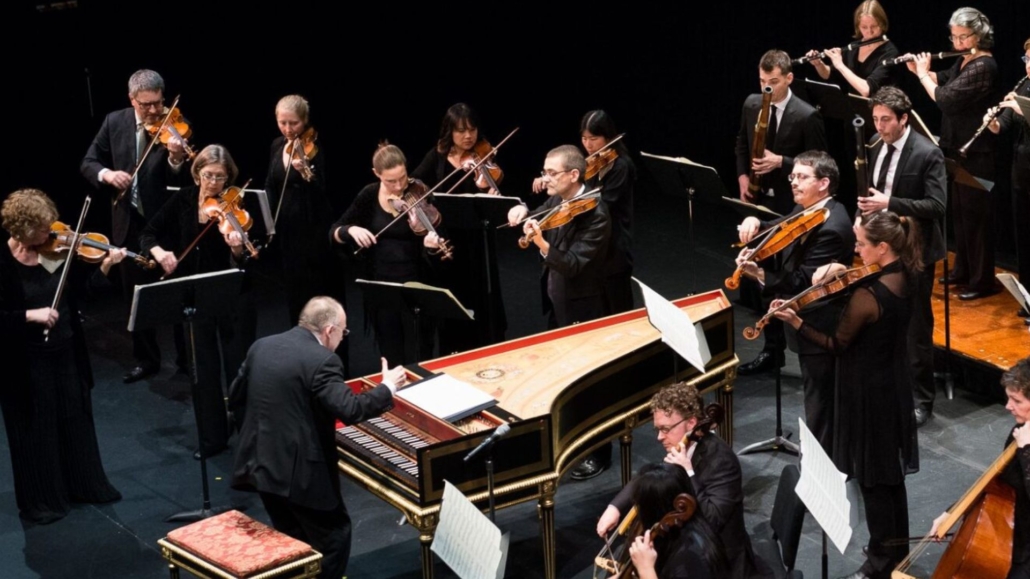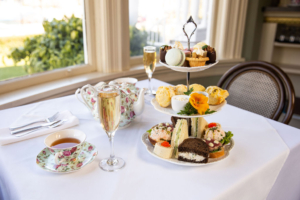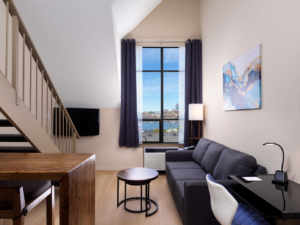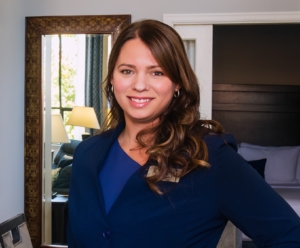In 1610, Claudio Monteverdi published a collection of music that has been a source of fascination since its rediscovery in the twentieth century on account of its impressive and expressive contents. The collection is titled For the Most Holy Virgin, a Mass for Six Voices suitable for church choirs, and Vespers to be performed by diverse forces (together with some motets) suitable for chapels or the chambers of princes, work by Claudio Monteverdi, and Monteverdi had it published in Venice, the center of the music printing industry, and dedicated it to the reigning head of the Catholic Church, Pope Paul V. Monteverdi positioned this collection to be noticed wherever sacred music was being made. Today, much of its music is presented in concert as a single work – the Vespers of 1610, though how the music might have functioned in the liturgy of Monteverdi’s time, and whether he imagined the “Vespers of 1610” as a unified work or as a series of smaller pieces are less clear. What is evident, though, is that this collection is a sort of banquet of the best sacred music that Monteverdi could offer, a collection that uses liturgy to structure the menu, pairs ancient musical tradition with the latest musical innovation, and delights the palate with diverse and constantly changing textures and timbres.
Monteverdi’s publication of 1610 appeared at a critical moment in his career. Having successfully completed the massive undertaking of writing and producing two operas in two years for the Gonzaga court in Mantua, Monteverdi suffered the death of his wife and of a young student living in his household and was forced to return to his father’s home to recover from physical and emotional exhaustion. His father sent the following plea to the Duke of Mantua
Whenceforth I turn yet again to beseech you that by Christ’s heart you permit [my son] the requested discharge, assuring Your Most Serene Highness that all his well-being he will always recognise as coming from your generosity, for if from the favour of your generous dismissal it happens that he serves a prince, I know that in this respect he will be viewed favourably. If Your Most Serene Highness commands only that he serves in the church, that he will do, for even from this source he will draw 400 scudi as a fixed income and 150 as extras, from which he will be able to advance something for his sons, availing himself also of me if the need arises.
Although the duke did not grant his wish, Monteverdi turned to sacred music in his next publication, writing imposing musical settings of the two main musical elements of Catholic worship – the mass ordinary, and vespers. Vespers, or evening prayer, was a liturgy originating in monastic worship that included the chanting of psalms framed by antiphons (short texts that placed the ancient psalms into a Christian context), a litany, a hymn, and the Magnificat (Canticle of Mary). Though usually sung in plainsong, on feast days the service of vespers was often a special musical celebration with elaborate polyphonic music, and sometimes, where permitted, with instrumental accompaniment. In his collection, Monteverdi choose to include motets instead of the expected antiphons, a practice sometimes followed, though frowned upon, in his day. The motet was an extremely flexible genre used in liturgical contexts as well as in private devotional settings and as evening entertainment in the “chambers of princes”. Monteverdi’s motets are the musical delicacies of the collection and must have enhanced its appeal to potential purchasers as to listeners.
As you listen to this evening’s concert you will be led through the texts of evening prayer set in the most lavish manner and with remarkable attention to sequence and structure. The concert begins with the chanted call to prayer “Deus in adiutorium” followed by the toccata “Domine ad adiuvandum”, Monteverdi’s reinvention of the overture of his opera Orfeo, strongly featuring the virtuosity of the instrumental ensemble. Then follow the psalm settings and motets in alternation. The motets progress from most intimate “Nigra sum” for solo voice, to increasingly grand expressions of heavenly angels calling out to one another in “Duo Seraphim”, and the ecstatic “Audi coelum” in which the soloist calls out his praise of the Virgin Mary to the universe, receiving responses from nature in the form of his echo and from “Omnes!” (everyone). Then, at the mid-point of the vespers, Monteverdi again features the instrumental ensemble, enfolding the litany “Sancta Maria, ora pro nobis” in the most elaborate instrumental sonata surviving from the early seventeenth century. The sonata is followed by settings of the Marian hymn “Ave maris stella” and the Canticle of Mary.
Monteverdi used every musical technique available to him to prepare this musical feast. The mass setting, which you will not hear in this concert, employs the most precise and highly controlled contrapuntal style of the Renaissance, paying homage to Renaissance composer Nicholas Gombert, famed for the perfection of his polyphony, by incorporating elements of one of his motets into the mass’s texture. In the psalm settings and Magnificat, Monteverdi also referenced an old-fashioned practice of using plainsong as a cantus firmus (fixed melody) running throughout his newly composed music. This cantus firmus practice honoured musical tradition and grounded new music on ancient authority. Listen for the slow-moving stability of the plainsong melodies particularly evident in the Magnificat. Monteverdi also employed falsobordone, a long-established style of singing plainsong with (usually improvised) harmonization. You can hear an example of this in the vocal writing of the opening toccata and in “Dixit Dominus”. Alongside these ancient musical styles, Monteverdi uses modern polychoral writing, dividing the vocal and instrumental ensembles into two choirs that call back and forth to one another as in the psalm “Nisi Dominus”; concerto style in which diverse groups of voices and instruments converse and compete with one another especially in the motets (also called concertos) and the Magnificat; solo song indistinguishable from secular love song of Monteverdi’s day as in “Nigra sum” and “Pulchra es”; virtuosic writing for both voices and instruments that rivals the demands of his opera Orfeo; and an instrumental ensemble including older cornetti and trombones with the newly refined violin-family instruments being created in Monteverdi’s hometown of Cremona.
The result is beautifully ordered and full of changing textures planned to excite, astonish, and perhaps even amuse listeners and performers. Whether Monteverdi intended the music of his publication of 1610 to be served as a single, lavish meal, or imagined his collection more as a master chef’s cookbook from which one could choose selections, there is no doubt about the remarkable quality of the music. The scholar and conductor John Butt, marvelling at the richness, depth, and intensity of Monteverdi’s music, imagines Monteverdi’s Vespers not as a single musical experience, but as the layering together of a life-time of memories of sacred music-making and listening.



 Alexander Weimann, conductor
Alexander Weimann, conductor Presenting Sponsor: 2024 Symphony in the Summer Festival
Presenting Sponsor: 2024 Symphony in the Summer Festival
 Victoria Getaway Package at the Huntingdon Hotel and Suites:
Victoria Getaway Package at the Huntingdon Hotel and Suites:
